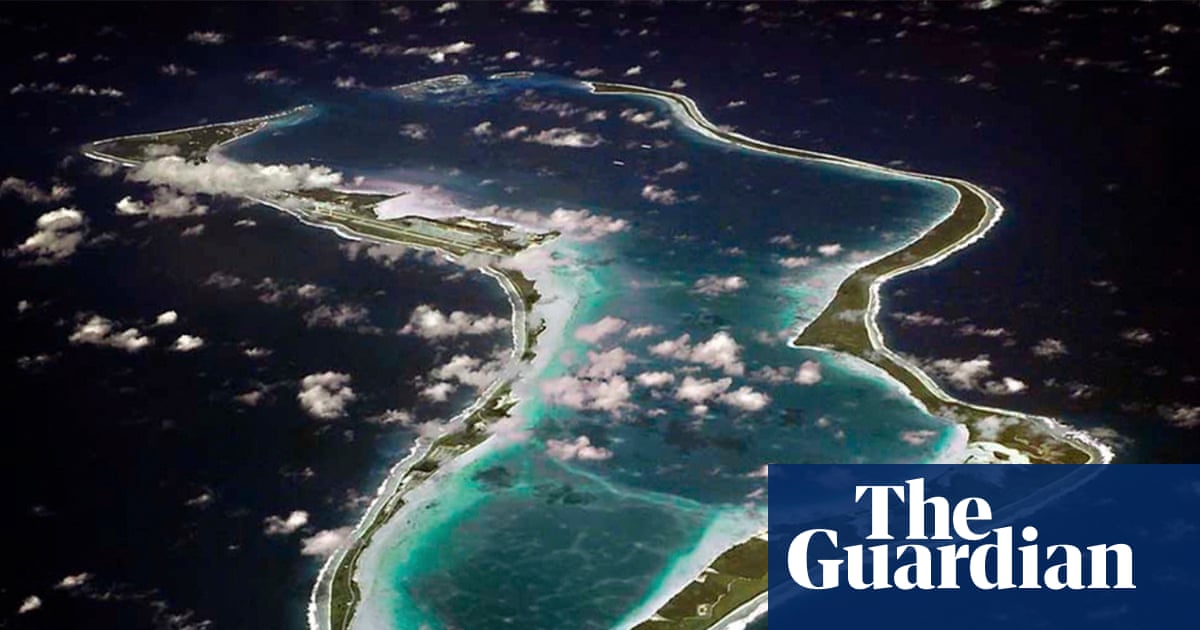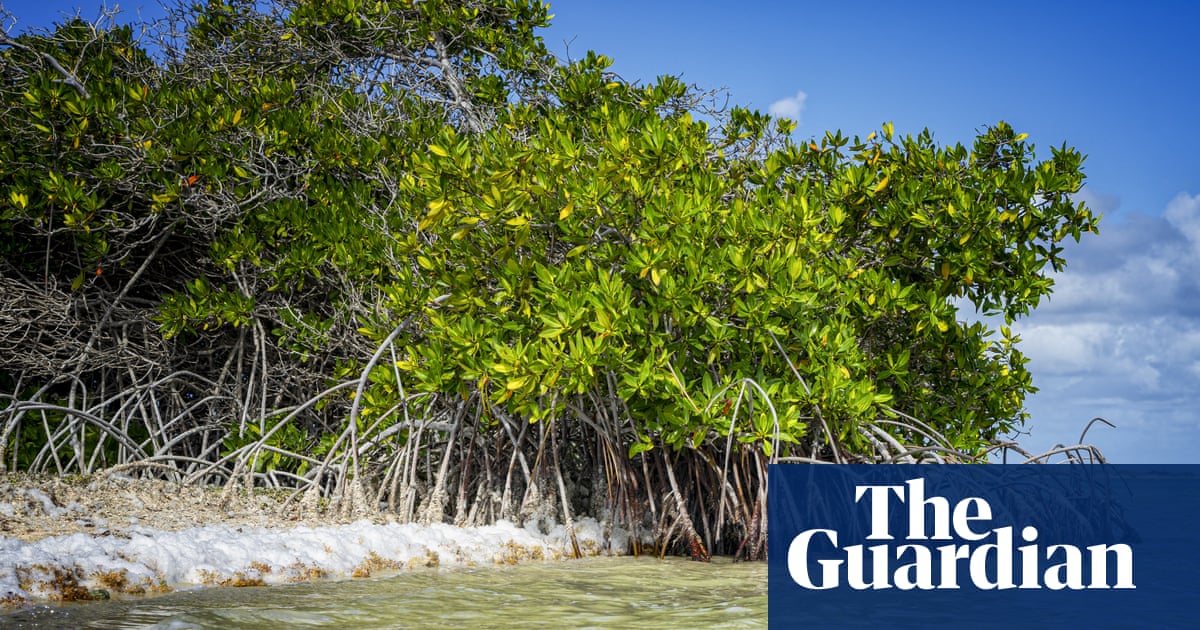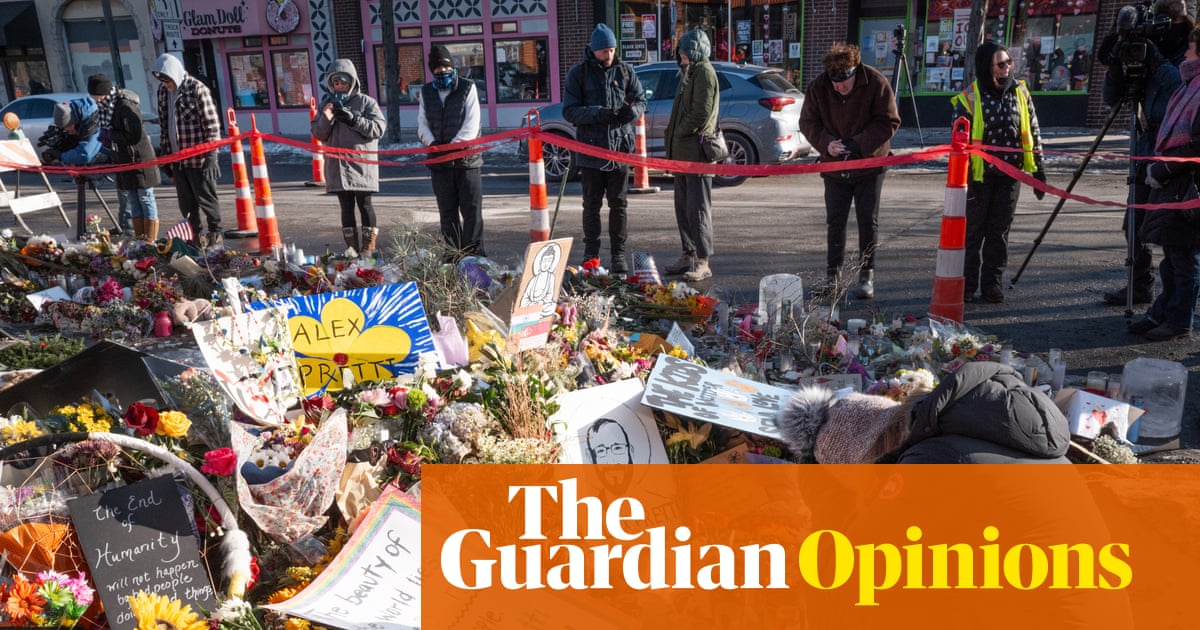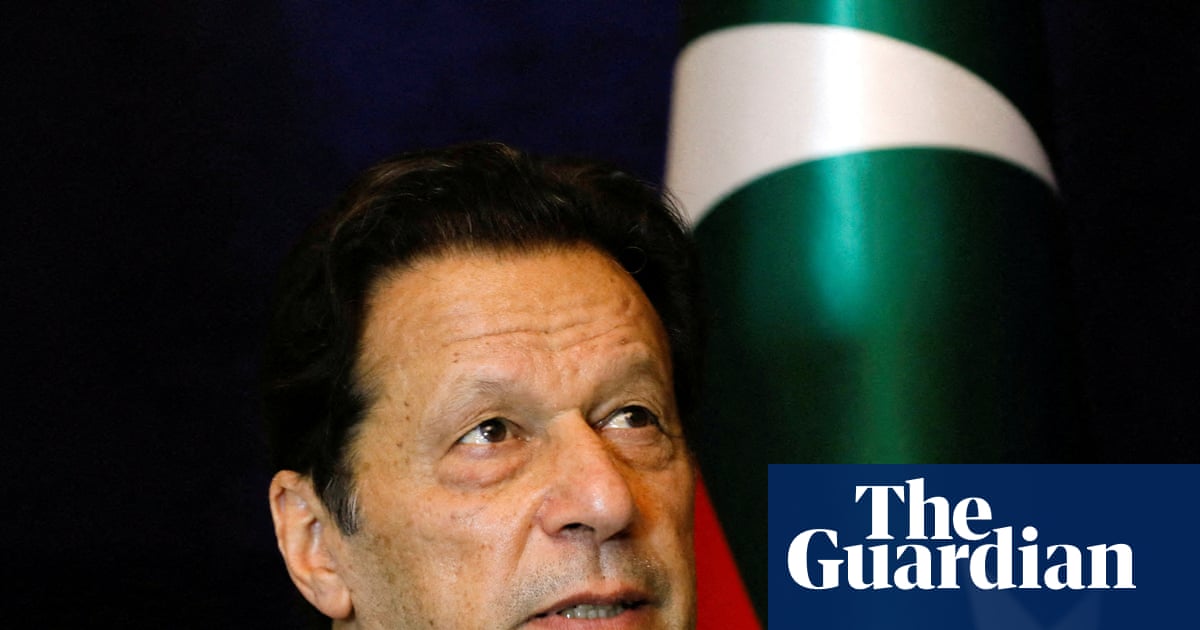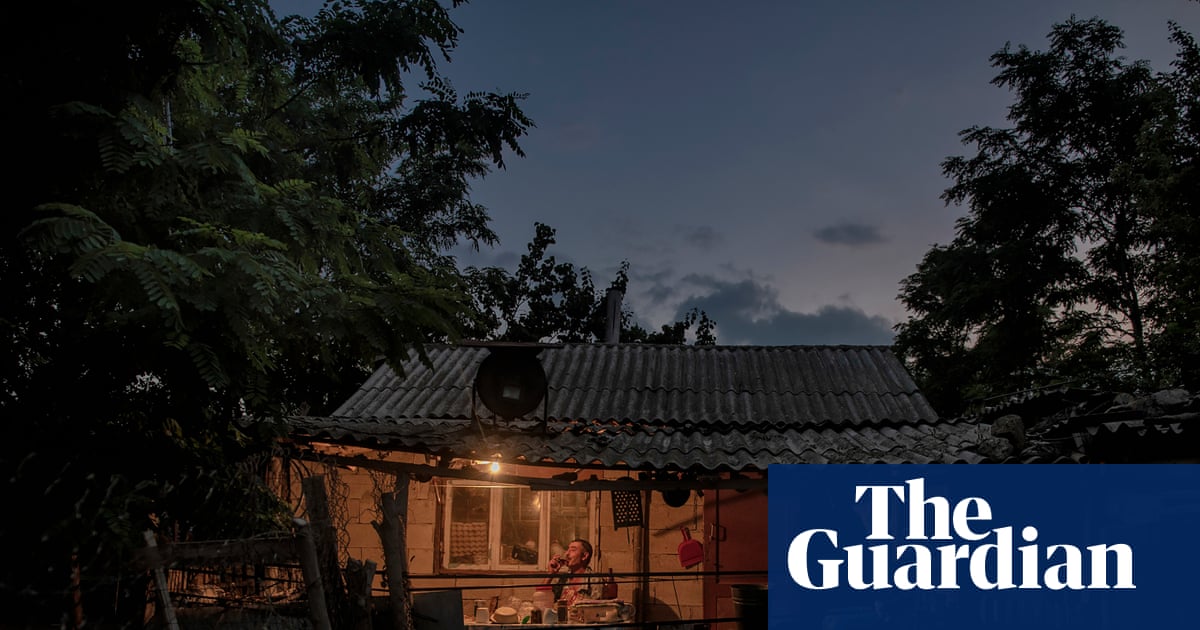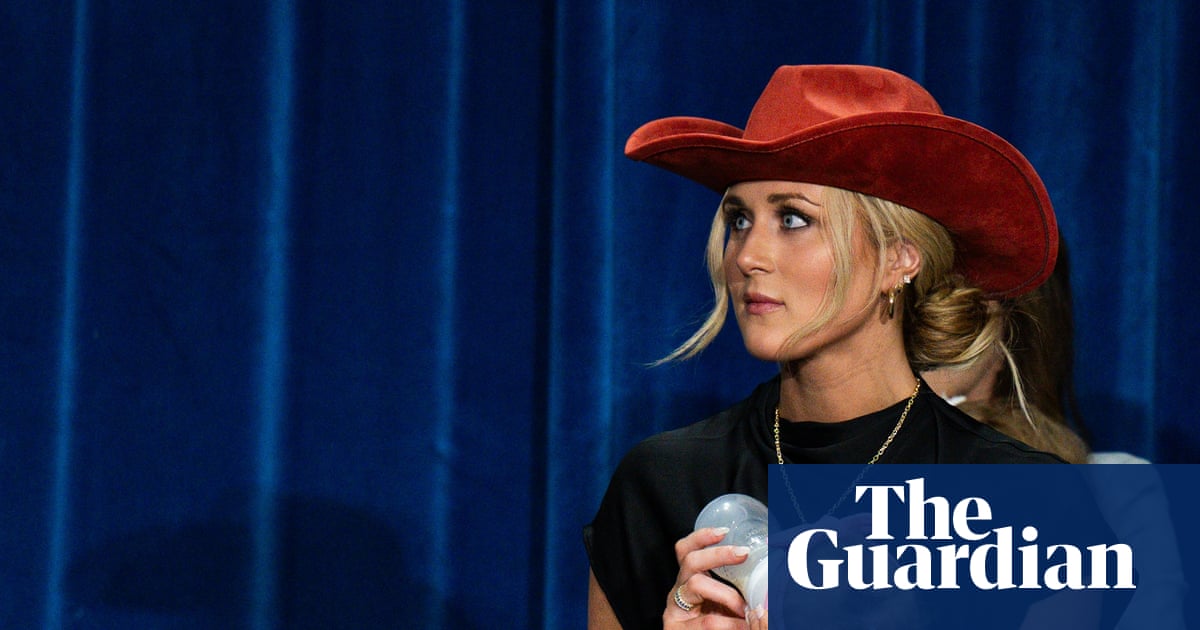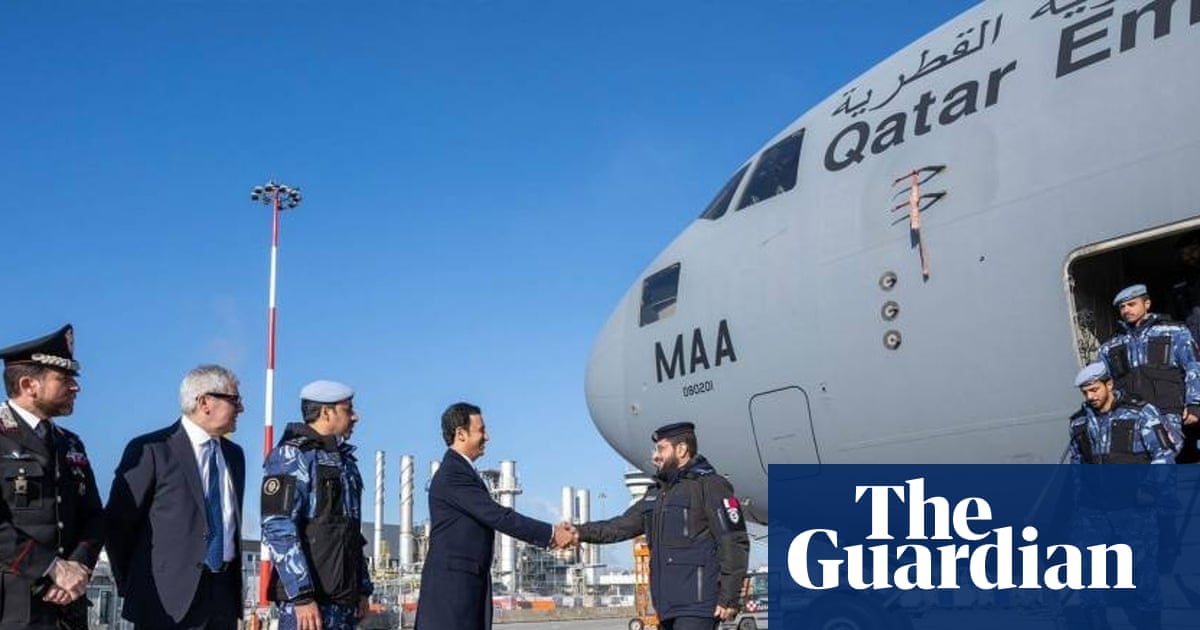Here in the Americas, we have a peculiar tradition. Every time there is a major election, prominent figures on the right find themselves compelled to repeat some version of the vaguely menacing prediction: if the candidate for the left wins, we will become “the next Venezuela”.
Whether Brazil, Peru, Mexico, Colombia or Ecuador, countries throughout the western hemisphere keep this tradition. Donald Trump has also participated in this ritual, proclaiming during the 2024 election cycle that if Kamala Harris won, our country would become “Venezuela on steroids”.
Oddly spoken with disdain.
Harris, of course, lost the election, so we will never know how Venezuela-esque her version of the US might have been. But we are seeing Trump’s America, and the reality is: it’s looking a lot like Venezuela.
Since the 1998 election of Hugo Chávez – a charismatic yet polarizing leftwing figure – political discourses have shrouded Venezuela in conflicting layers of partisan caricature, often making it difficult to parse what is actually happening. At this point, however, there is no doubt that the country is in crisis.
Migration statistics alone provide compelling evidence. Amnesty International and the UN refugee agency estimate that nearly 8 million Venezuelans have left the country since 2014 – as much as 25% of the population. Hyperinflation and food shortages have driven this exodus, compounded by authoritarianism and increasing repression under Chávez’s successor, Nicolás Maduro, who has held on to power since 2013 through elections with overwhelming evidence of fraud.
Significantly, the US has hardly been an innocent bystander. Not only have we frequently doled out reprehensible treatment to Venezuelan asylum seekers, but we have also played a role in creating the conditions that are forcing people to migrate in the first place. The US has maintained a belligerent stance toward Venezuela for more than two decades – for example, supporting a short-lived coup to overthrow Chávez in 2002, as well as hitting the country with sanctions – and the Trump administration has recently escalated the conflict by ordering a series of deadly strikes on civilian boats suspected of smuggling drugs off the Venezuelan the coast. Reports also indicate that Trump is considering an intervention to depose Maduro, and the CIA may already be carrying out covert operations in the country.
Journalists and legal analysts have done excellent work explaining how these strikes are illegal according to US and international law, in addition to being murderously cruel. There has also been great coverage of how the demonization of Venezuelan immigrants – including a steady stream of propaganda painting Venezuelan immigrants as gang members and terrorists – has long been a centerpiece of Trump’s platform.
These actions are disgraceful on their own terms. But they are also bitterly ironic: even while terrorizing Venezuelans in the name of defending democracy, Trump has, in fact, been running a strikingly similar authoritarian playbook. Noteworthy parallels include dismantling constitutional limits on presidential authority, manipulating electoral districts to inflate his party’s representation in Congress, and using state power to repress political opponents.
In Venezuela’s case, the story begins with a fraught referendum. Immediately upon taking office in 1999, Chávez decreed a new executive power: the ability to call for a referendum on writing a new constitution. The legality of the claim was dubious given that the Venezuelan legal system already had mechanisms for updating the constitution, and a simple majority popular vote was not one of them. Nonetheless, the Venezuelan supreme court relented, and when the referendum passed, Chávez asserted a heavy hand in creating the process for how a constitutional assembly would work. Moreover, he unilaterally gave this assembly outsized powers to govern, suspending Congress and the supreme court in the meantime. Unsurprisingly, the resulting constitution of 1999 expanded executive authority considerably, and the entire process established a precedent to continue using these largely hand-picked constitutional assemblies to overrule congress whenever the opposition gained ground.
While there are likewise calls for a constitutional convention coming from Trump allies that could function in a similar way, this hasn’t actually been necessary in the US. Rather, the conservative supermajority on the supreme court has managed to effectively do the same thing on its own: repeatedly ignoring plain text as well as its own precedent in order to assign new powers to the presidency while at the same time eviscerating longstanding checks from other branches of government and independent agencies alike. In short, even without literally rewriting the constitution, the supreme court has in practice served as a comparable constitutional assembly, fundamentally reshaping constitutional norms to create a “unitary executive” with fewer checks on executive power than ever before.
Taking this comparison even deeper, there are also important parallels in Trump’s efforts to stack Congress through “gerrymandering”: a trick that hinges on exploiting the mathematical quirks of single-member, winner-take-all districts. For example, in a system where every district has an isolated winner-take-all race, even if one party gets 49% of the vote across the country, that does not mean that it will end up having 49% of the representation in Congress. In fact, if each district is a perfect microcosm of society with 49% of voters supporting this party, it could actually end up with zero seats in congress, despite representing roughly half the population.
In short, single-member, winner-take-all districts have the potential to massively inflate or deflate a party’s overall electoral showing, depending on how the voters are distributed among the districts. And if the party in power gets to redraw the districts, they can easily rig the game. Knowing full well the consequences, the US supreme court blessed this approach during Trump’s first term, and now at a time when Republicans have a clear advantage in controlling redistricting, the justices are poised to make it even easier. Within this context, Trump is pushing Republican-governed states to capitalize.
Significantly, Chávez’s early efforts to consolidate power used a similar mechanism. Though underappreciated now, Venezuela’s earlier election system under its 1961 constitution actually included a clause guaranteeing minority representation, and officials developed a clever method to allocate seats roughly proportional to a party’s overall support. This made gerrymandering impossible, limiting the ability of the ruling party to press their advantage by further manipulating districts. In 1999, however, Chávez’s constitutional assembly eliminated this system, changing the rules so that most congressional seats would instead come from winner-take-all districts. The effect – at least in the short term while Chávez consolidated power – was to considerably inflate his party’s congressional representation.
Along with expanding executive power and manipulating congressional elections, a third commonality – repression of political opponents – needs little explanation. Even before Maduro apparently resorted to overt election fraud, the Chávez government faced accusations of intimidating judges and arresting opposition candidates. Vocal critics of the government have also reported heavy-handed tactics from formal military and paramilitary forces alike.
As we now watch Trump deploy troops in Democratic-led cities across the country; turn federal agencies such as Ice and into personal secret police who operate with impunity; and push to systematically arrest political opponents, the parallels are obvious.
Ultimately, while there is every reason to believe that Venezuela is in crisis, there is no reason to believe that Trump’s military aggression will have any benefit for the people of either country. The bottom line: the Trump administration has demonstrated time and time again that it has no qualms about wreaking havoc on Venezuelan civilians – nor on its own. Trump’s abuses of power at home and in the Caribbean are two sides of the same coin. We must condemn both.
-
Daniel Mendiola is a professor of Latin American history and migration studies at Vassar College

 3 months ago
261
3 months ago
261

